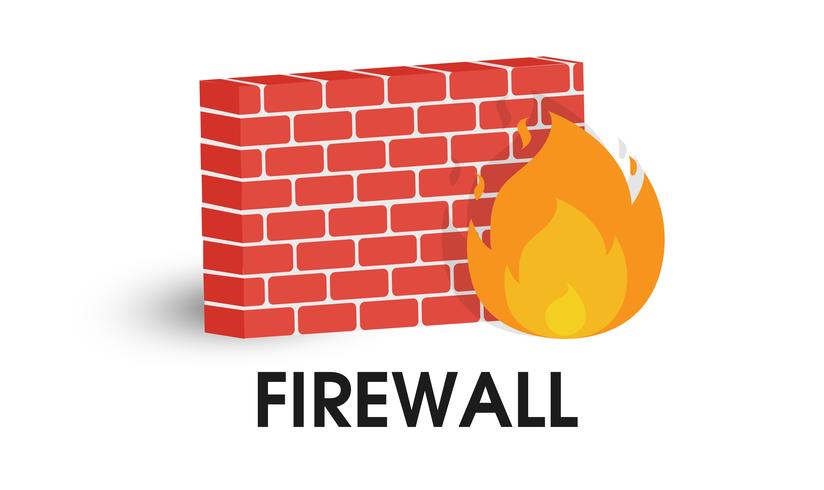Stateful Inspection Firewalls
what are Stateful Inspection Firewalls ?
Stateful inspection firewalls, also known as stateful firewalls, are a type of firewall that combines the functionality of packet filtering with the ability to track the state of network connections. They operate at the network layer (Layer 3) of the OSI model and provide enhanced security compared to basic packet filtering firewalls.
The distinguishing feature of stateful inspection firewalls is their ability to maintain a record of the state of established network connections. This means that they keep track of the context and history of network traffic, allowing for more intelligent and context-aware filtering decisions.
Here are some key characteristics and features of stateful inspection firewalls:
- Stateful Packet Inspection: Stateful inspection firewalls inspect and filter network packets based on their state in relation to established connections. They examine the complete packet payload, including the header and payload information, to determine the connection’s state.
- Connection Tracking: Stateful firewalls keep track of the state of network connections, including TCP and UDP sessions. They maintain information such as source and destination IP addresses, ports, sequence numbers, and flags. This information is used to match incoming packets with established connections.
- Context-Aware Filtering: By maintaining connection state, stateful firewalls can make more informed filtering decisions. They can differentiate between packets belonging to established connections and new, potentially unauthorized connections. This allows them to apply more targeted and context-aware security policies.
- Access Control Lists (ACLs): Stateful inspection firewalls use access control lists (ACLs) to define the rules for allowing or denying traffic. These rules can be based on criteria such as source and destination IP addresses, ports, protocols, and connection state (e.g., established, related, new).
- Improved Security: Stateful inspection firewalls provide improved security compared to basic packet filtering firewalls. By tracking the state of network connections, they can detect and prevent certain types of attacks, such as session hijacking or unauthorized access attempts.
- Efficiency and Performance: While stateful inspection firewalls add a layer of complexity compared to basic packet filtering, they are designed to be efficient and performant. They can handle high volumes of network traffic by leveraging connection state information for faster processing and filtering decisions.
- Application-Agnostic: Stateful firewalls are application-agnostic, meaning they operate at the network layer and do not inspect the payload of application-layer protocols. They focus on the transport layer (e.g., TCP, UDP) and network layer (e.g., IP) information for connection tracking and filtering decisions.
Stateful inspection firewalls are widely used in network security architectures to provide a higher level of security and intelligence compared to basic packet filtering firewalls. They are particularly effective in protecting against network-based attacks, ensuring that only legitimate and authorized traffic is allowed into the network while blocking suspicious or malicious connections.

Yorum gönder